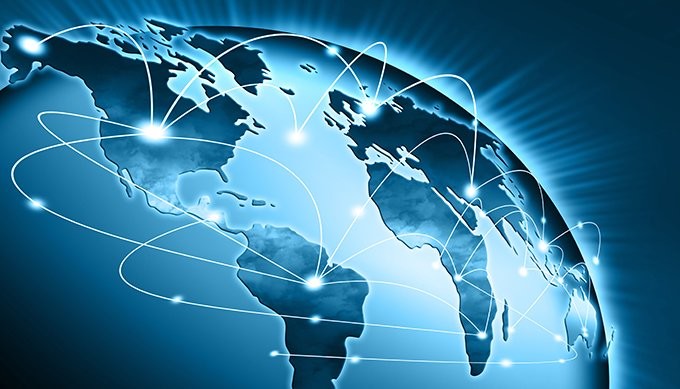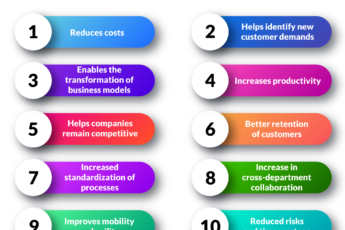For the last few decades business has moved far from its native places actually spreading throughout the world. Companies are constantly globalizing their trade areas and it is important to know the driving forces of such phenomena.

International firms accelerated their globalization operations over the last few decades because of the development of the internet, improved telecommunications technology, the unending quest for cheap labor, improved international trade laws and treaties; and a spate of mergers and acquisitions forcing companies to be increasingly competitive. Improved telecommunications technology has also been a factor in the increase in global trade and investment. Cellular technology, wireless e-mail and all the spin off devices have had a huge impact on a company’s ability to conduct business thousands of miles outside of its home base.
The unending quest to produce products more cheaply has also fuelled the drive for companies to globalize. Many companies today are establishing production centers in parts of the world where labor is cheap. India, China and Mexico continue to be popular countries for this practice. Mergers and Acquisitions have been the buzz words of the past few decades. The creation by merger of larger and leaner companies has forced smaller companies to seek non traditional ways of competing. Global trade and investment is one answer to this dilemma.
Companies are in business to make money and are therefore always poised for ways to increase profits. Sometimes however changing circumstances (mergers and acquisitions) force companies to adopt strategies to stay in business. At other times they pursue opportunities arising from technological developments (internet and communications technology). Although there are many negative reactions to such international movement Globalization in business will probably continue to grow as new and better innovations in technology are developed.





Leave a Comment